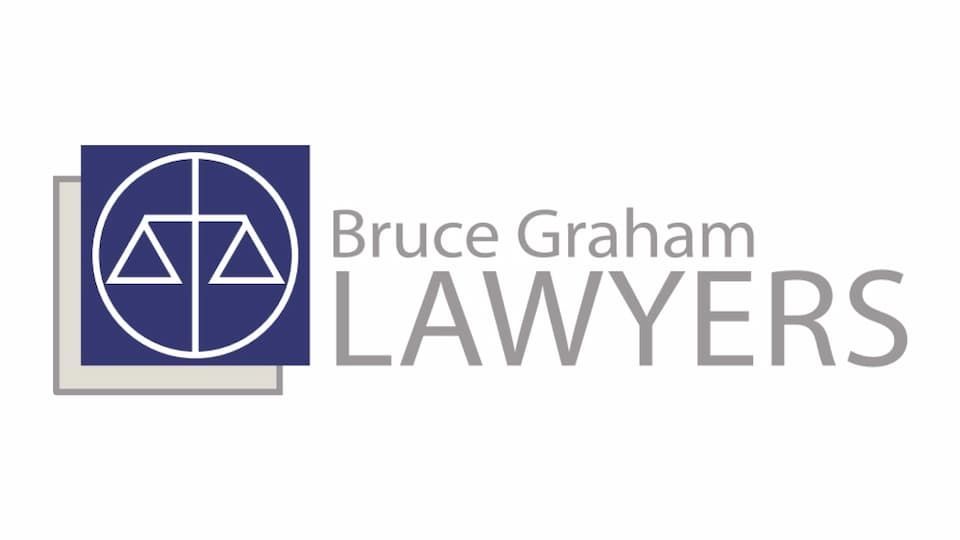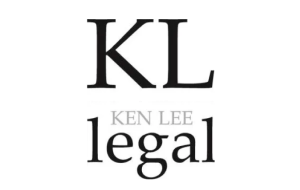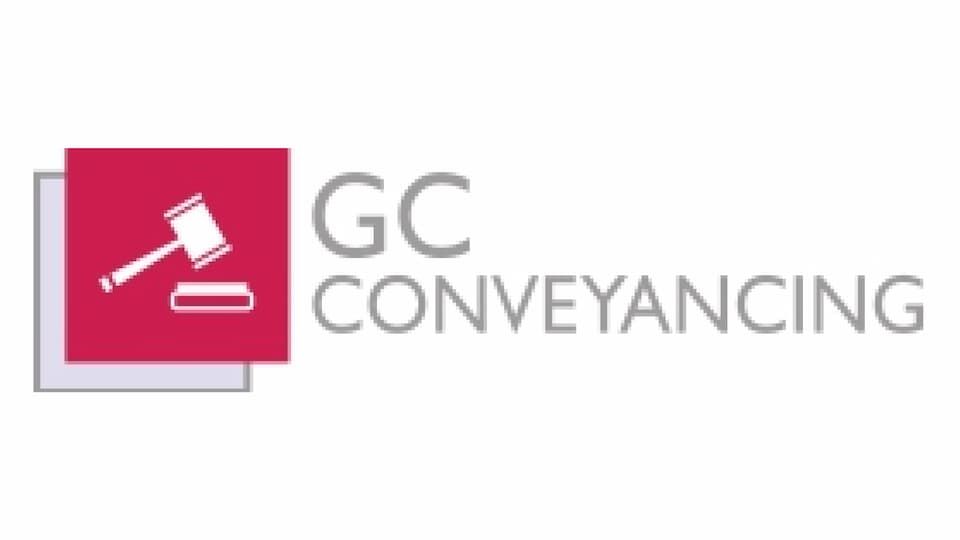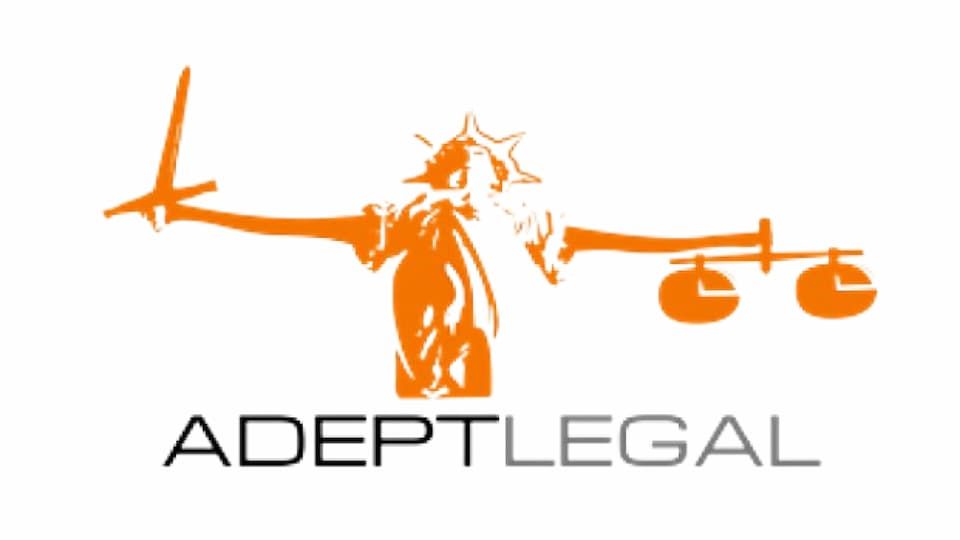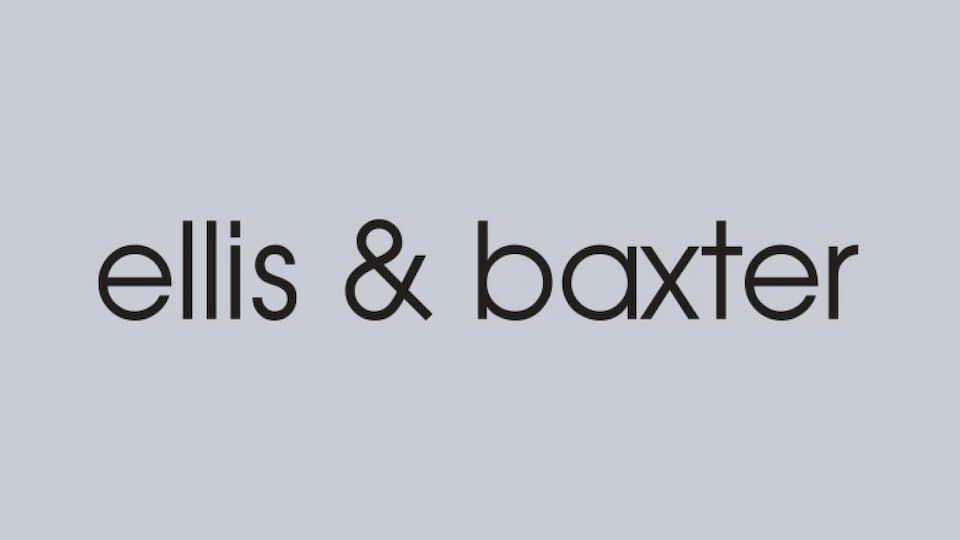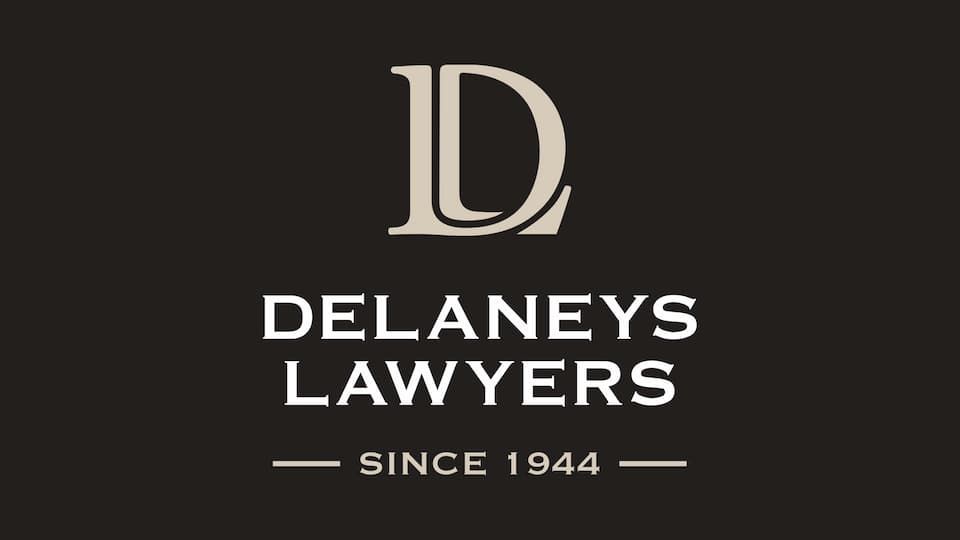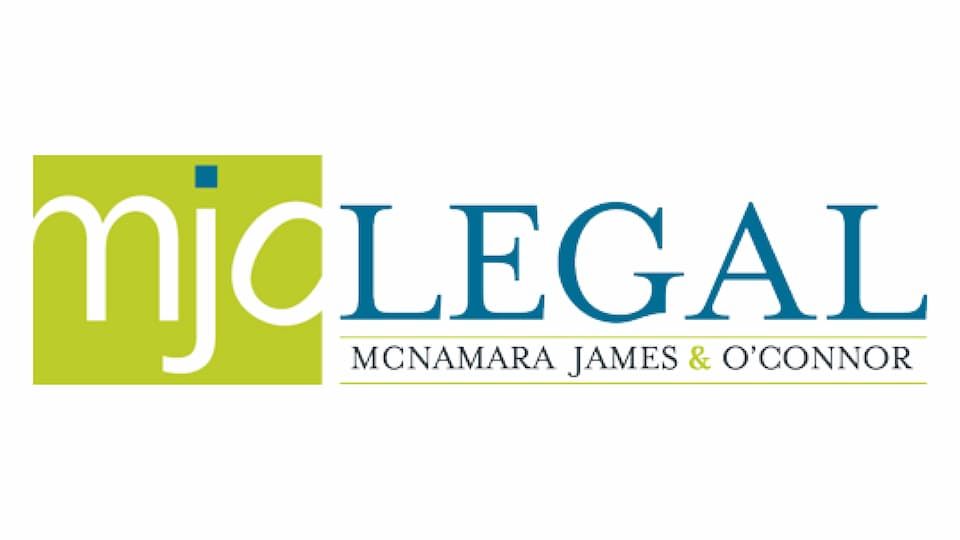Social Media Abuse on Business

Social media platforms can be valuable tools for enhancing brand visibility, engaging with customers, and driving growth in the contemporary business landscape. However, it is important to note that misuse of social media can have significant legal implications for companies. Businesses must navigate a complex legal landscape in the digital realm, which includes issues such as defamation, harassment, intellectual property infringement, and cybersecurity breaches.
Defamation is a major legal concern for businesses dealing with social media abuse in Australia. According to Australian law, defamation occurs when a statement is published that harms the reputation of an individual or entity, leading to financial or personal damage. Defamatory content can spread rapidly on social media platforms, causing irreparable harm to a business's reputation. In response, businesses may take legal action for defamation under the Defamation Act 2005 (Cth) or equivalent state legislation, seeking damages and injunctive relief to mitigate the harm caused.
Additionally, businesses must address the legal implications of cyberbullying and harassment carried out through social media channels. Cyberbullying is the use of electronic communication to intimidate, threaten, or harass individuals, including employees, customers, and stakeholders of businesses. In Australia, cyberbullying is regulated by various laws, including the Enhancing Online Safety (Non-consensual Sharing of Intimate Images) Act 2018 (Cth) and state-based legislation. Businesses may seek legal remedies, such as apprehended violence orders (AVOs), injunctions, or civil litigation, to protect individuals from cyberbullying and hold perpetrators accountable for their actions.
Intellectual property infringement is also significant legal challenge for businesses dealing with social media abuse. Unauthorised use or misappropriation of trademarks, copyrighted material, or trade secrets on social media platforms can jeopardise a business's intellectual property rights and competitive advantage. To address instances of infringement, businesses can seek legal recourse under the Australian Consumer Law (ACL), the Copyright Act 1968 (Cth), or the Trade Marks Act 1995 (Cth). Legal remedies may include injunctions, damages, and the removal of infringing content.
Moreover, cybersecurity threats on social media platforms pose significant legal and regulatory risks for Australian businesses. Social media channels can be exploited by cybercriminals to initiate phishing attacks, distribute malware, or commit identity theft, thereby compromising the security and privacy of businesses and their customers. To mitigate cybersecurity risks, businesses must comply with data protection regulations such as the Privacy Act 1988 (Cth) and the Notifiable Data Breaches (NDB) scheme. Furthermore, it is recommended that businesses implement strong cybersecurity measures, regularly conduct risk assessments, and collaborate with law enforcement agencies to effectively address cyber threats.
One notable case of social media abuse in the Australian corporate sphere over the past decade involved Telstra, the country's largest telecommunications company, during a nationwide network outage in 2016. The outage, which disrupted mobile and broadband services for millions of customers, sparked a torrent of complaints and frustration on social media platforms, where users voiced their discontent with Telstra's handling of the situation. Customers took to Twitter, Facebook, and other online forums to express their anger, with many sharing stories of being unable to make calls, access the internet, or conduct business transactions due to the outage. Telstra found itself inundated with negative comments, memes, and viral posts criticising its response to the crisis, prompting the company to scramble to contain the fallout and restore its reputation.
The incident served as a stark reminder of the power of social media to amplify consumer discontent and the importance of swift, transparent communication in managing crises effectively. In the aftermath of the outage, Telstra implemented measures to improve network reliability and customer service, but the unfortunate episode left a lasting impact on the company's reputation and underscored the need for businesses to prioritise customer satisfaction and resilience in the face of social media.
In conclusion, as the digital landscape evolves, Australian businesses must stay vigilant against legal issues stemming from social media misuse. Consulting CJM Lawyers, experts in corporate law and commercial litigation, is crucial. Our team offers tailored advice, legal representation, and strategic direction to address risks effectively, including defamation and cybersecurity threats. Prioritising legal protection ensures businesses safeguard their reputation and assets. Contact us today for expert guidance in navigating social media challenges.
Disclaimer: This article is for general understanding and should not be used as a substitute for professional legal advice. Any reliance on the information is strictly at the user's risk, and there is no intention to create a lawyer-client relationship from this general communication.
Contact Us Now!
For comprehensive legal services,
book now for your free initial consultation.
Contact Us
We will get back to you as soon as possible.
Please try again later.
Contact Us Now!
For comprehensive legal services,
book now for your free initial consultation.
Contact Us
We will get back to you as soon as possible.
Please try again later.
Contact Us Now!
For comprehensive legal services,
book now for your free initial consultation.
Contact Us
We will get back to you as soon as possible.
Please try again later.
Our Latest Story
Our Latest Story
Our Latest Story
Our Client Say



Our Client Say



Our Client Say



We're here to help
We will be there with you every step of the way and provide detailed information ensuring transparency and clarity about the costs associated with our legal services.
SERVICES
family law services
estate planning
Disputes
SURFERS PARADISE | chinderah | Tweed Heads | Murwillumbah | Grafton
SERVICES
family law services
estate planning
Services
family law services
estate planning
Disputes
SURFERS PARADISE | chinderah | Tweed Heads | Murwillumbah | Grafton
Liability limited by a scheme approved under Professional Standards Legislation.













